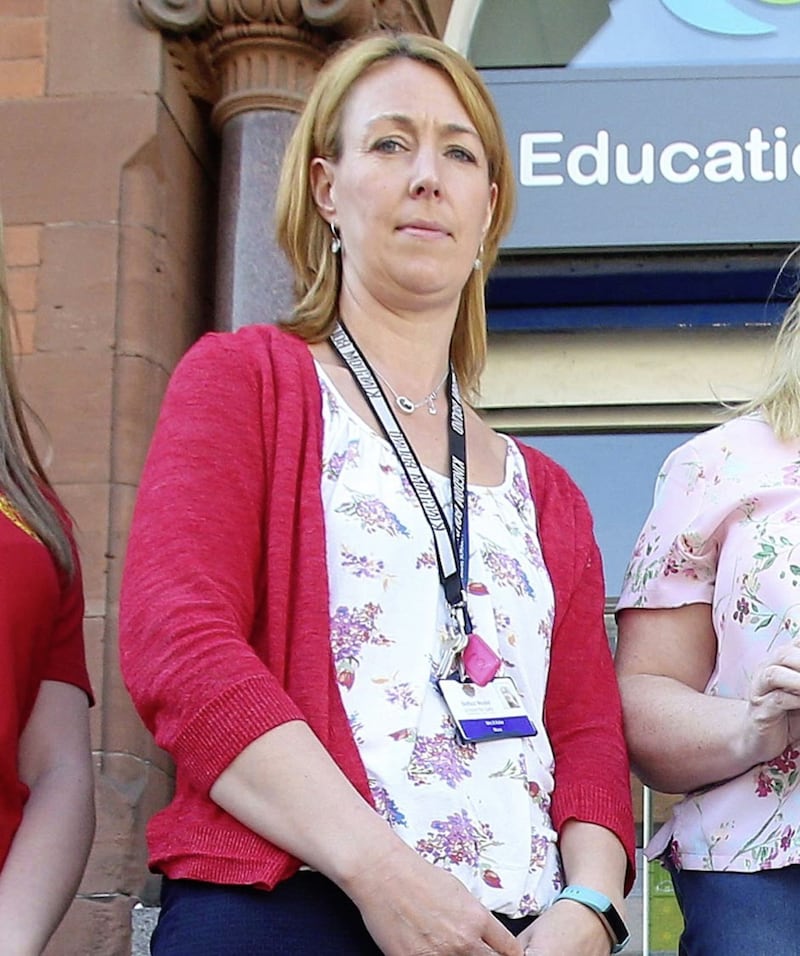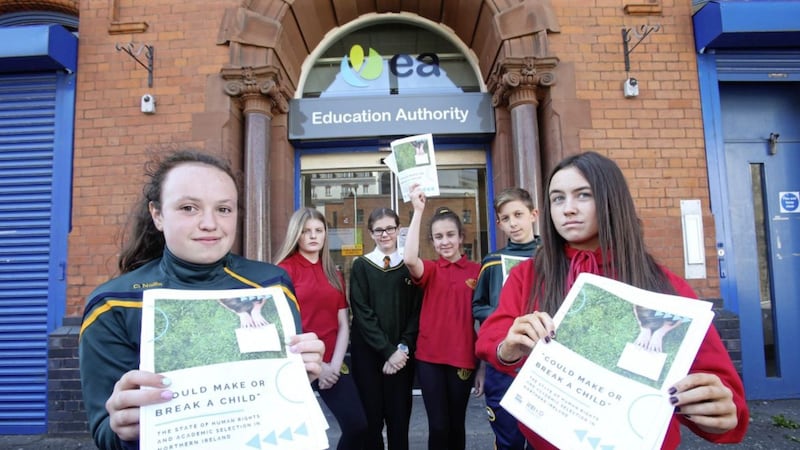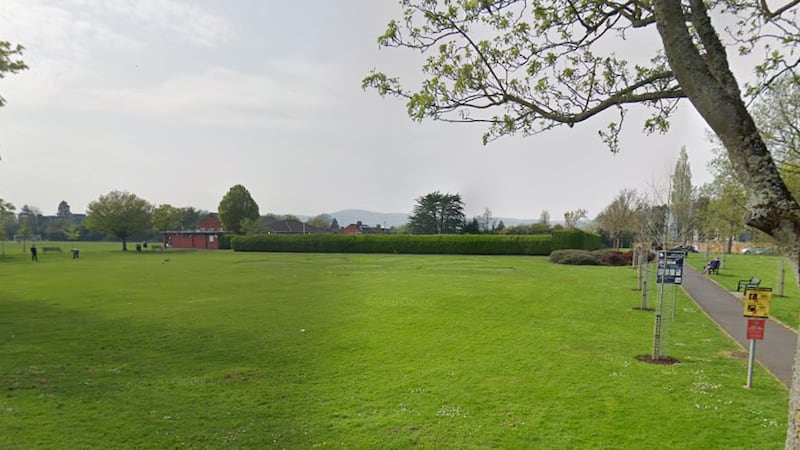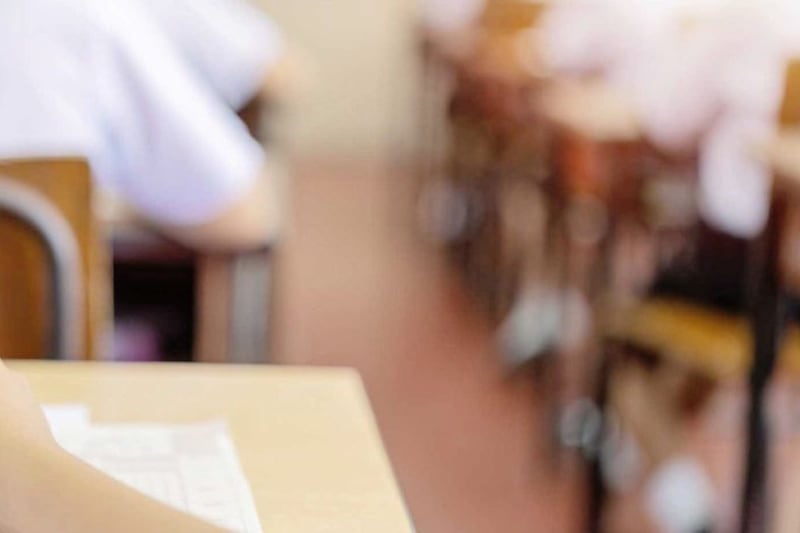UNOFFICIAL 11-plus tests are damaging children's mental health, a major study has found.
Hundreds of pupils and teachers have said academic selection was harmful and should be "thrown in the bin".
Young people across Northern Ireland said school transfer tests were denting their confidence while classroom staff said children's wellbeing was suffering.
Pupils told of not sleeping, loss of appetite, crying, anxiety, depression, and not attending school "for fear of a test".
The findings are contained in a report from Right to Education (R2E), which was facilitated by Participation and the Practice of Rights (PPR).
It undertook the research because the Education Authority and Department of Education do not monitor the mental health impact of selection.
The group said if this was not monitored there would be no plan in place to address concerns.
For more than a decade, grammar schools across the north have run their own exams.
With different schools using different tests, children can face papers on four consecutive weekends.
Over the last two years pupils, teachers and parents met education professionals, analysts and human rights advisors to tackle "the pain and discrimination related to academic selection".
More than 200 pupils and 50 teachers were surveyed by R2E.
They came from a mix of schools in urban and rural settings and included those who took the transfer test and those who did not, and those who `passed' or `failed'.
- 60% of young people said the transfer test was bad for them
- 66% of young people felt selection did not make them confident nor more able
- 62% said decision-makers did not listen to young people's ideas
- 92% of teachers felt transfer testing had a significant negative impact on children's mental health
- 88% of staff said transfer testing did not enable children to reach their full potential
The group said the responses were compelling in the context of the UN Convention on Child Rights.
It states that education shall be directed to "the development of the child's personality, talents and mental and physical abilities to their fullest potential".
It adds that parties should take all appropriate legislative, administrative, social and educational measures to protect children "from all forms of physical or mental violence".
R2E said it would now campaign to see protections put in place by authorities to mitigate the harm caused to children before, during and after the transfer test.
The report recommends the departments of education and health develop a `wellbeing checklist' for all pupils engaged in transfer tests and that this would be included in schools' pastoral care priorities.
It also urges the Education and Training Inspectorate to ask specific questions and report on the potentially harmful impact of selection.
Caoimhín Mac Colaim from Coláiste Feirste said young people's views had been consistently overlooked, especially those at non-selective schools.
"Our research shows that this is harming young people. The permanent secretary has responsibility for the protection of the rights of children and must act to mitigate harm. We hope he agrees to meet with these young people to hear their experience and discuss their recommendations," he said.
PPR Assistant Director Seán Brady said the results should be a wakeup call to decision makers.
"We have supported educators and pupils to analyse the human rights impacts in our education system. They have engaged experts to develop and complete a survey of over 300 pupils and teachers across rural and urban schools," he said.
Commissioner for Children and Young People Koulla Yiasouma said ignoring the findings would mean "failing our children and young people".
"Children have a right to be active participants in their society. They are the experts in their lives and no-one who makes decisions which effect them in any way should be doing so without them," she said.
"The Right to Education Group ideas were not unreasonable nor do they require additional resources and therefore could be easily and feasibly implemented."
The experience of teachers

RACHEL Ashe from Belfast Model School for Girls, was one of the teachers who helped lead the research.
Some of the girls surveyed had taken the 11-plus and narrowly missed out on grammar places while others opted not to sit it due to anxiety.
They spoke of having to drop out while taking practice tests at primary school "as it was affecting us very badly".
The report highlights the effect of the academic selection on these pupils who said they lost sleep, could not eat and suffered anxiety and depression.
Ms Ashe said teachers were motivated to become part of the R2E group because of these negative experiences.
"It was our hope to give these students a platform to express their views, and implement change so that this could be a more positive experience," she said.
"We had particular concerns regarding the mental health of our young people and felt we had a duty of care, as educators to speak up on behalf of these students. The greatest concerns were for those children who had dyslexia/dyscalculia, those for whom English was not their first language and those from low income families who could not afford the expense of completing the transfer test.
"Our first action was to gather information from affected parties, so as to ascertain what the key issues were. This was done by the completion of questionnaires that were distributed to pupils, parents and teachers.
"The range of people surveyed was wide and included those with special educational needs, those who attended grammar schools, those who attended non-selective schools, those for whom English is not their first language, those who lived in inner city areas and those who lived in rural areas. The findings of these surveys was most disturbing, the details of which are summarised in our report."








